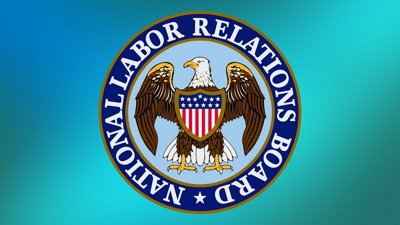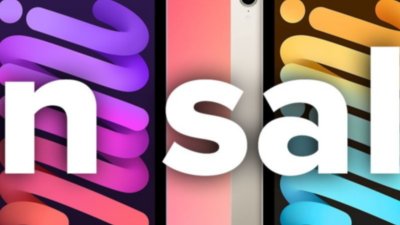When the hammer dropped at Sotheby's books and manuscript auction on Tuesday, the final price of the contract and associated documents came in at $1,594,500 with the buyer's premium, a more than tenfold increase over the $150,000 price tag that experts had initially estimated.
Bidding started at $70,000 for the lot and reached seven digit territory after only ten minutes on the block. The winning offer came from an unidentified phone bidder who paid $1.35 million plus a buyer's premium of $244,500 to own the historic tech documents.
The legally-binding document signed by the three co-founders was originally owned by Wayne, who was granted a 10% stake in the company after having successfully persuaded Wozniak, who at the time worked for Hewlett-Packard, to join Apple.
According to a statement by the County of Santa Clara, which was also included in Tuesday's auction, Wayne received $800 for his share of Apple. Though he later received an additional payment of $1,500, his original 10% stake would be worth an estimated $36 billion today had he not elected to withdraw from the partnership just 11 days later.
None of the co-founders remain at the company today, with Wozniak formally ending his full-time employment in 1987 and Jobs resigning as CEO in August due to complications stemming from his long bout with pancreatic cancer, which he unfortunately could not overcome.
Jobs passed away on Oct. 5, 2011 at the age of 56.
 Mikey Campbell
Mikey Campbell



-xl-m.jpg)



 Andrew Orr
Andrew Orr
 William Gallagher
William Gallagher
 Christine McKee
Christine McKee
 Chip Loder
Chip Loder
 Thomas Sibilly
Thomas Sibilly
 Wesley Hilliard
Wesley Hilliard

 Amber Neely
Amber Neely








20 Comments
It makes complete sense that this document would sell for $1.6 million.
NOT.
The phone buyer was an apple legal exec who bought it to prevent any one person to try and use it for illegitimate purposes.
It makes complete sense that this document would sell for $1.6 million.
NOT.
Of course it makes sense. Things are worth what people are willing to pay for them.
I thought the estimates were really low. I'm not at all surprised that the papers went for 1.6 mil. I won't be surprised when they sell for double or more when the current owner puts them back up for auction.
Of course it makes sense. Things are worth what people are willing to pay for them.
Which benefits the wealthy who change money into assets that accrue value over time so that they can make more money doing nothing. The buyer might auction the papers again when Apple is worth double what they are now for $5m in just a few years. The trick is to avoid being the last one holding a multi-million dollar piece of paper no one else is willing to pay for.